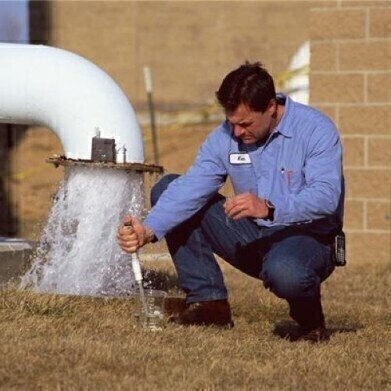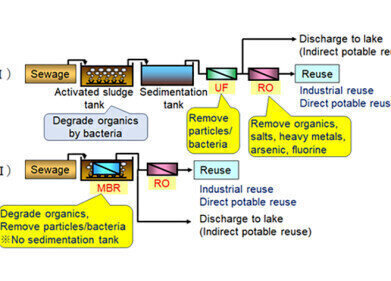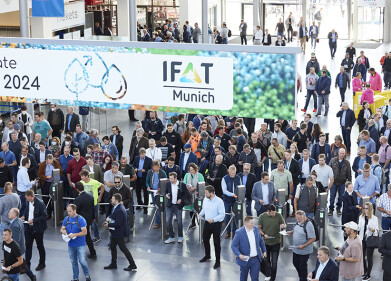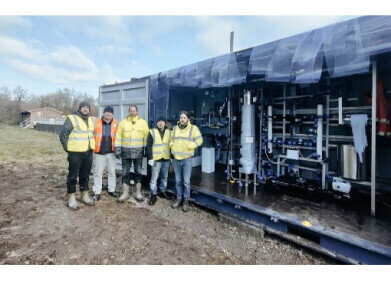-
 The micromotors could help purify water in hard to reach areas
The micromotors could help purify water in hard to reach areas
Water/Wastewater
Micromotors could 'improve water quality'
Dec 10 2013
Water quality could be improved by the invention of micromotors that are able to degrade organic pollutants in pipes, small reservoirs and other areas that are difficult to reach by traditional methods. The micromotors have been developed by German researchers and are able to move themselves through the water while cleaning it.
Many different industries create wastewater that contains organic pollutants. These types of pollutants cause a number of problems in terms of water quality as they can be resistant to environmental degradation. Organic pollutants are also unsuitable for processing through the use of traditional chemical or biological wastewater treatments.
Researchers developed a type of micromotor in 2012 that could help to clean up small oil spills by capturing oil droplets in water. The latest discovery, micromotors that degrade pollutants, highlights the level of potential that they have in terms of improving water quality, remediation techniques and environmental monitoring.
The new micromotors were developed by researchers at the Leibniz Institute for Solid State and Materials Research (IFW). They are made up of a platinum core that is surrounded by a layer of iron. When they are released into water that contains a diluted form of hydrogen peroxide, the platinum core in the motors change the peroxide into oxygen bubbles and the iron creates hydroxyl radicals. The hydroxyl radicals clean the water by oxidising any organic pollutants, while the oxygen bubbles allow the micromotors to move through the water.
The fact that the micromotors are able to propel themselves through the water, means that more pollutants will be able to be degraded, while reaction rates to the hydroxyl radicals are also sped up. While they will not be able to clean large areas of water, they will be beneficial when it comes to remediating water that is harder to get to when using traditional treatments.
Samuel Sanchez, one of the researchers that developed the micromotors, said: "We aim to clean contaminated capillaries, small pipes and places difficult to reach. We are dealing with applications especially for the microscale and environments hard to get to."
Events
Apr 22 2024 Hannover, Germany
Apr 23 2024 Kuala Lumpur, Malaysia
Apr 24 2024 Sao Paulo, Brasil
May 05 2024 Seville, Spain
May 13 2024 Munich, Germany












